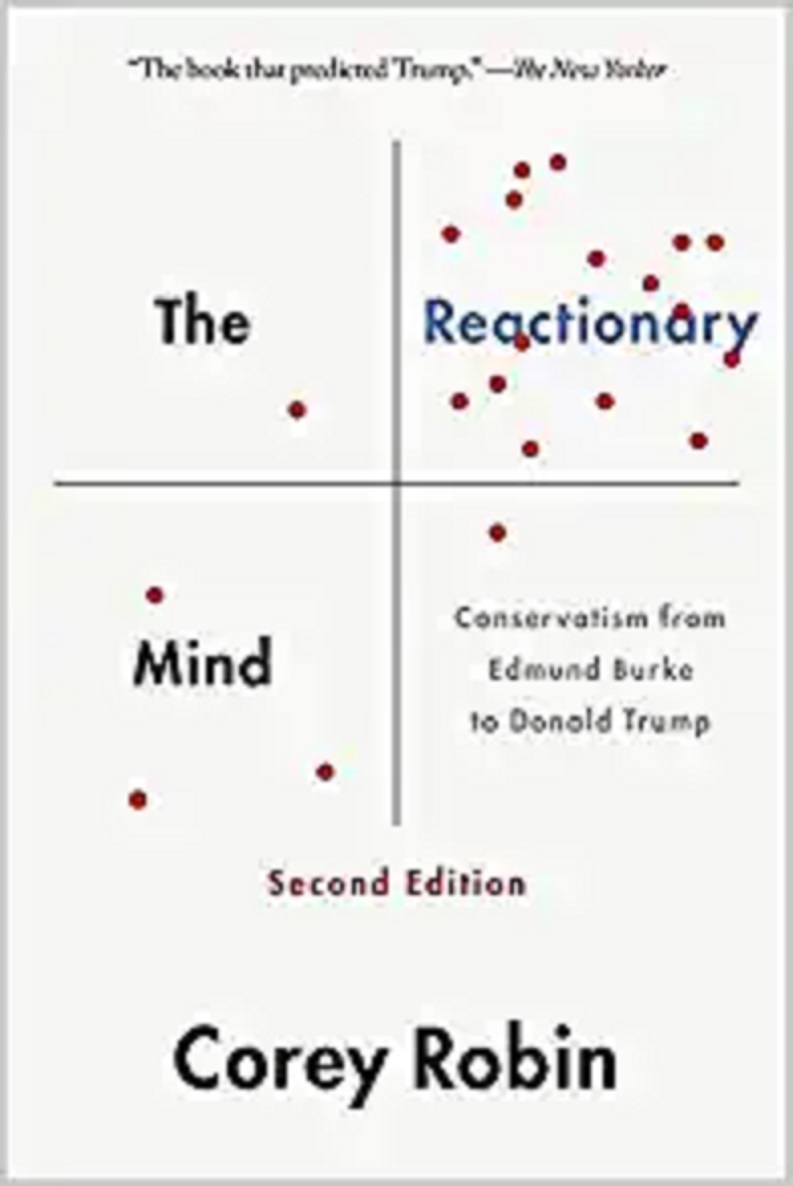
Categorii: Neclasificate
Limba: Engleza
Data publicării: 2019
Editura: Oxford University Press
Tip copertă: Paperback
Nr Pag: 352
Editia: a II-a
ISBN: 9780190692001
Dimensiuni: l: 14cm | H: 21cm | 2.3cm | 398g

Late in life, William F. Buckley made a confession to Corey Robin. Capitalism is "boring," said the founding father of the American right. "Devoting your life to it," as conservatives do, "is horrifying if only because it's so repetitious. It's like sex." With this unlikely conversation began Robin's decade-long foray into the conservative mind. What is conservatism, and what's truly at stake for its proponents? If capitalism bores them, what excites them?
Tracing conservatism back to its roots in the reaction against the French Revolution, Robin argues that the right is fundamentally inspired by a hostility to emancipating the lower orders. Some conservatives endorse the free market, others oppose it. Some criticize the state, others celebrate it. Underlying these differences is the impulse to defend power and privilege against movements demanding freedom and equality. Despite their opposition to these movements, conservatives favor a dynamic
conception of politics and society-one that involves self-transformation, violence, and war. They are also highly adaptive to new challenges and circumstances. This partiality to violence and capacity for reinvention has been critical to their success.
Written by a keen, highly regarded observer of the contemporary political scene, The Reactionary Mind ranges widely, from Edmund Burke to Antonin Scalia to Donald Trump, from John C. Calhoun to Ayn Rand. It advances the notion that all right-wing ideologies, from the eighteenth century through today, are historical improvisations on a theme: the felt experience of having power, seeing it threatened, and trying to win it back.
When its first edition appeared in fall 2011, The Reactionary Mind set off a fierce debate, in the New York Review of Books, on academic blogs, and throughout the internet. So intense was the controversy that it became the subject of a profile in the New York Times. Now updated to include Trump's election and the rise of global populism, The Reactionary Mind is more relevant than ever.